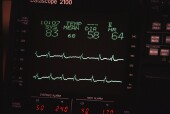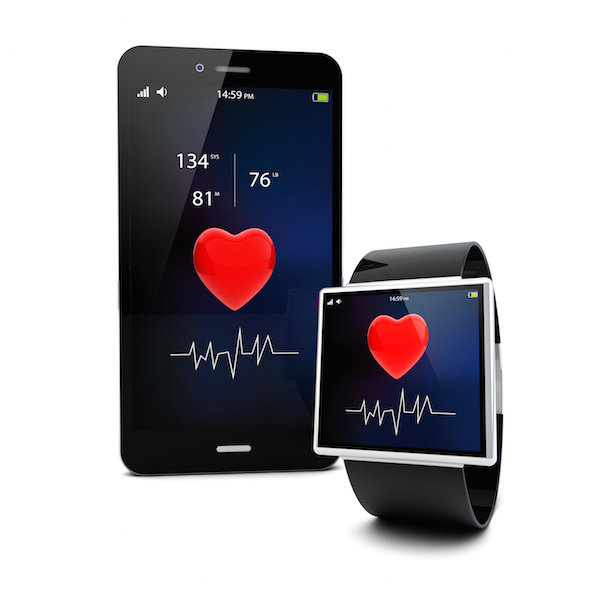
MONDAY, April 12 (HealthDay News) — A new study questions the widespread use of implantable cardiac devices in the very old, who are more likely to die in the hospital after receiving the devices.
Patients aged 80 and older receive more than one-fifth of implantable defibrillators and pacemakers, even though most clinical trials of the devices haven’t included patients in this age group, the study authors noted.
“Implantable cardiac devices have been increasingly used in primary prevention of sudden cardiac death among patients with systolic heart failure, largely on the basis of favorable results from large multicenter clinical trials,” wrote Jason P. Swindle, then of the Saint Louis University School of Medicine, and colleagues. “However, it has become increasingly apparent that certain patient subgroups may not benefit from device implantation.”
Implanting cardiac defibrillators in patients with kidney failure and in those with advanced heart failure symptoms, for example, “has not been associated with a survival benefit,” he explained.
In this study, the researchers analyzed data from 26,887 adults, median age 70, with heart failure who underwent defibrillator implantation or cardiac resynchronization therapy in 2004 or 2005. Patients aged 80 and older accounted for 17.5 percent of the procedures, including 992 patients older than 85 and 309 patients aged 89 or older.
In-hospital death rates were 0.7 percent among patients younger than 80, but climbed to 1.2 percent among those aged 80 to 85 and 2.2 percent among those older than 85.
The researchers found that the older patients were less likely to have a concurrent cardiac procedure or a high risk of dying from a co-existing condition. For this reason, “these patients may be, in fact, somewhat more carefully selected than the younger cohort. However, older patients had slightly more complications related to the device procedure,” the researchers wrote.
“Given trends in the demographics of heart failure and the costs of device therapy, additional studies are required to clarify the appropriateness of device implantation in older patients with heart failure, as well as the merits of less invasive options,” they concluded.
The study is published in the April 12 issue of the journal Archives of Internal Medicine.
More information
The U.S. National Heart, Lung, and Blood Institute has more about implantable cardioverter defibrillators.

